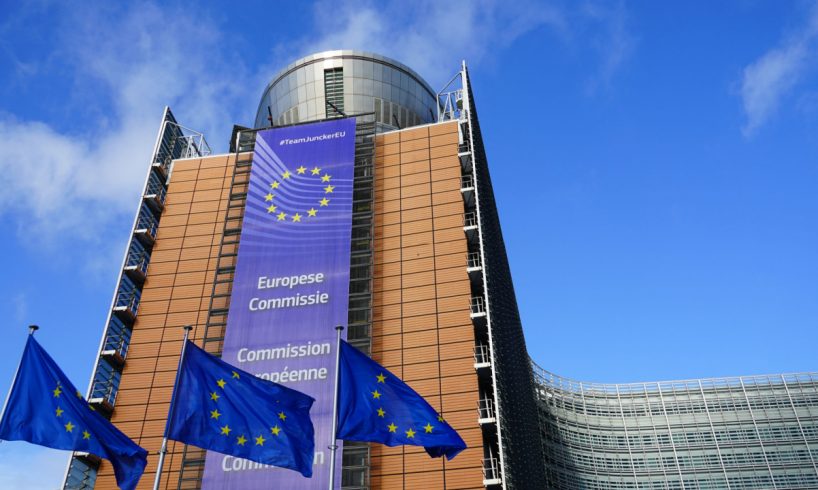
The European Commission has approved a proposal to accelerate the introduction of euro instant payments. The technology is there and Europeans should be able to send and receive money immediately, the executive body said, revealing its intentions to push the industry toward wide adoption.
EU Moves to Make Instant Payments Widely Available Throughout Europe
A legislative proposal to provide all citizens and businesses with access to instant payments in Europe’s single currency has been put forward by the European Commission. The payments should be secure and affordable for anyone with a bank account in the European Union and European Economic Area, officials insisted in an announcement on Wednesday.
Instant payments are much faster than traditional transfers and increase convenience for consumers, save costs for companies, and will free up to €200 billion ($199B) currently locked in transit every day for consumption or investment, the executive power in Brussels argued. The Commission is aiming for their widespread use.
Commenting on the initiative, Executive Vice-President for an Economy that Works for People Valdis Dombrovskis emphasized that instant payments will allow Europe to stay competitive and take advantage of innovations in the digital age. However, nine out of ten credit transfers in euro are still processed as ‘slow’ transfers, pointed out Mairead McGuinness, commissioner for financial services, financial stability and Capital Markets Union.
McGuinness compared the transition from next-day transfers to transfers in seconds to the one from mail to e-mail. She is convinced there is no reason for European citizens and businesses to be unable to send and receive money immediately since the needed technology has been in place since 2017. As it might take another decade for instant payments to become the norm, “we are nudging this sector in this direction,” the commissioner stated during a press conference.
Under the proposal, which amends the Regulation on the Single Euro Payments Area (SEPA), payment service providers that offer credit transfers will be obliged to support instant payments as well and maintain fees that do not exceed those charged for traditional euro transfers. They will also be required to verify if the bank account and the name of the beneficiary match, and check if their clients are not sanctioned by the EU.
The European Commission expects the changes to increase competition in the payments market. They have been proposed as financial authorities in the eurozone are working on a project to issue a digital version of the common European currency. In July, high-ranking officials from the European Central Bank indicated that wide acceptance, ease of use, low-cost and high-speed transactions will be among the key attributes of the digital euro.
Tags in this story
amendments, Brussels, Changes, common currency, credit transfers, EU, Euro, euro payments, Europe, european, european commission, Europeans, executive body, instant payments, instant transfers, Legislation, legislative proposal, Payments, proposal, SEPA, transfers
What do you think about the European Commission’s decision to promote instant payments in euro? Share your thoughts on the subject in the comments section below.
Lubomir Tassev
Image Credits: Shutterstock, Pixabay, Wiki Commons, EQRoy
Disclaimer: This article is for informational purposes only. It is not a direct offer or solicitation of an offer to buy or sell, or a recommendation or endorsement of any products, services, or companies. Bitcoin.com does not provide investment, tax, legal, or accounting advice. Neither the company nor the author is responsible, directly or indirectly, for any damage or loss caused or alleged to be caused by or in connection with the use of or reliance on any content, goods or services mentioned in this article.
More Popular NewsIn Case You Missed It
















